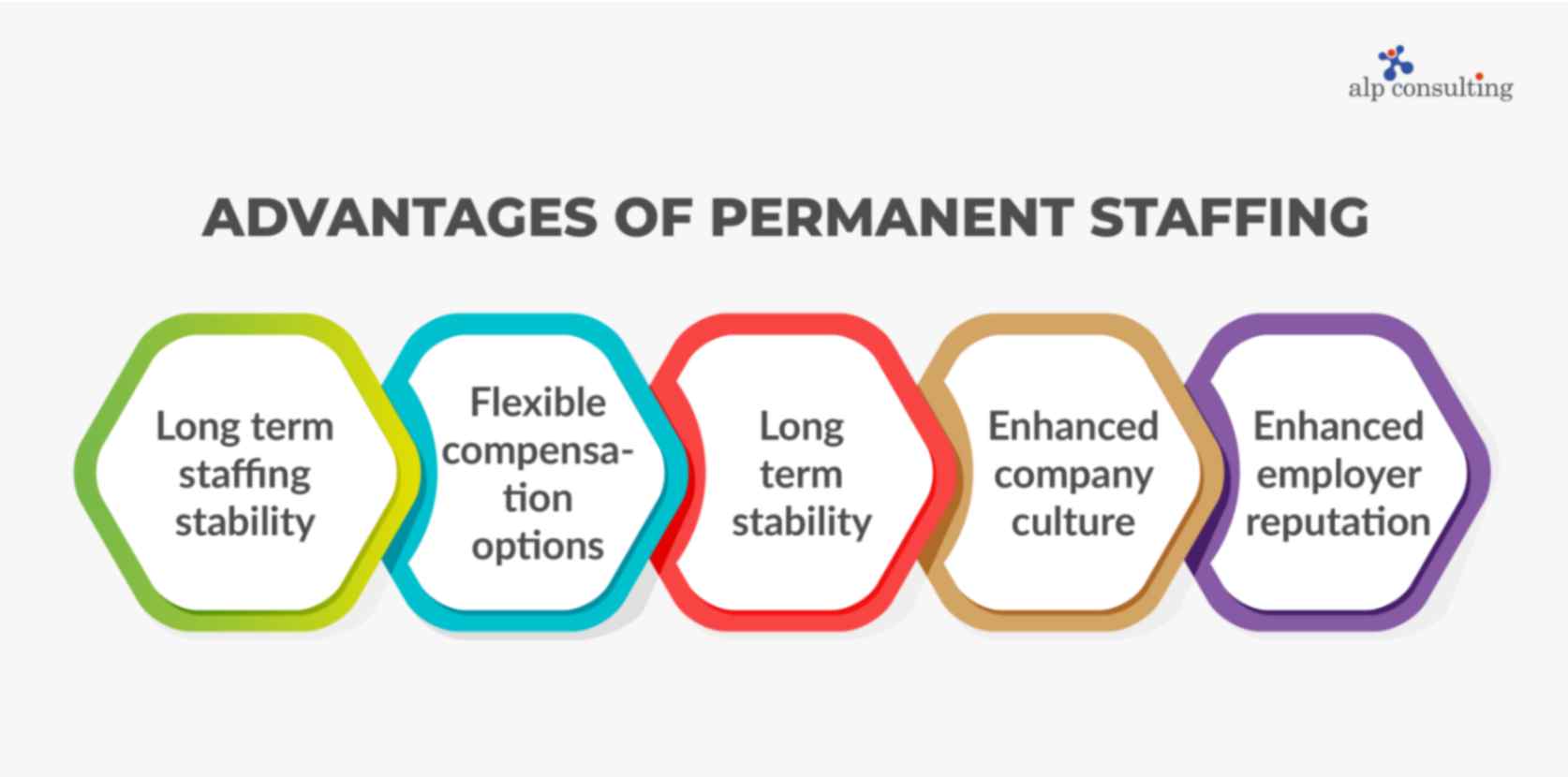Outsourcing Compliance: what you Need To Know - SMS
페이지 정보

본문
Among the most substantial organization patterns over the last decade has actually been to outsource functions that are not core company activities. Cutting expenses and acquiring competence are the 2 most prevalent inspirations for outsourcing. This pattern has long since reached business compliance programs. Many questions surround this practice in the compliance arena.
Why Outsource Compliance?
The very first concern is: why should an organization engage an outside professional to help in running the compliance program? The reality is that many compliance office jobs are consistently contracted out to suppliers to enable the compliance office to concentrate on the program's core elements. Hotlines, sanction screening services, and training programs are commonly outsourced functions.

Sometimes, a compliance officer's departure creates the need for assistance till the organization can work with a replacement. In others, an existing compliance program requires support to handle included responsibilities, such as compliance management or HIPAA privacy/security officer support.
When Should You Outsource Compliance?
Organizations choose to work with compliance specialists after recognizing weaknesses or gaps in their operations, such as vacancies in compliance, privacy or gatekeeper roles. Often times, government examination drives the choice to bring in specialists. Corporate Integrity Agreements mandate that an organization vouches for having a completely working and reliable compliance program.
Managed Care statutes need keeping a reliable compliance program and alerting CMS when a compliance officer vacancy takes place. And under the Affordable Care Act, CMS is needed to develop mandated compliance program requirements. Once these requirements are in impact, numerous will look for expert support to satisfy them.
Where Can You Find Compliance Outsourcing Services?
Where can companies find necessary compliance proficiency? The most convenient starting point is checking the web to find expert journal articles on the subject. This can offer additional insight and identify professionals on the topic. A search can also determine firms that might supply the required services.
Who Should You Outsource Compliance To?
Who are some experts that can fill spaces or supplement compliance programs, and have also constructed, assessed, and managed reliable compliance programs? They are people with hands-on experience in multiple scenarios and settings that make them experts.
The following are examples of specialists with extensive compliance program consulting experience, who have acted as compliance officers in multiple functions:

Cornelia Dorfschmid, PhD, who has over twenty years of healthcare consulting experience and has actually acted as designated/interim compliance officer for hospital systems and physician practices on numerous events.
Steve Forman, CPA, with 12 years as a health care consultant, 10 years as VP for Audit/Compliance at a hospital system, and has actually worked as interim/designated compliance officer multiple times.
Suzanne Castaldo, JD, CHC, a knowledgeable expert who has actually worked as interim/designated compliance officer numerous times.
How Can You Best Outsource Compliance?
How can organizations use compliance professionals to its best benefit? Using competent specialists has many benefits, however the key in employing them is to bring an optimum return of benefit for the expense by guaranteeing added worth. In addition to daily management, think about consisting of a few of the following:
1. Examine the program to confirm strengths and determine chances for improvement;
2. Conduct an independent examination of the program for senior management and board;
3. Review the Standard Procedure and other composed guidance;
4. Evaluate the quality and efficiency of compliance training;
5. Assess high-risk areas that necessitate attention;
6. Assess resources needed to effectively run the compliance program;
7. Use professionals to recognize and build metrics evidencing compliance program effectiveness;
8. Use specialists to help in recognizing and examining prospects for the long-term compliance officer position; and
9. Provide a "roadway map" for incoming compliance officers to follow.

What Level of Effort Should You Put Into Outsourcing Compliance?
What level of effort do companies need to use compliance experts in compliance programs? Even for fairly large companies, a real compliance specialist can hold the program together for a number of months without having to be on-site complete time. Most organizations can run compliance programs effectively through using an expert for 50-80 hours per month for as much as 6 months until having an irreversible compliance officer in location becomes vital.
Smaller organizations and many physician practices will need experts for just half the time. Due to advances in technology, not all hours require to be on-site. However, the secret is to have the expert on-call to resolve any . Notably, the OIG has actually accepted that for smaller sized companies, engaging a certified professional as the Designated Compliance Officer might make more sense. The OIG points out lots of reasons for an organization to consider using an outdoors expert rather of a W-2 complete time staff member.
About the Author
Richard P. Kusserow established Strategic Management Services, LLC, after retiring from being the DHHS Inspector General, and has helped over 3,000 health care organizations and entities in establishing, implementing and evaluating compliance programs.
- 이전글╪¬┘å╪▓┘è┘ä ┘ü┘è╪»┘è┘ê ┘ü┘è╪│╪¿┘ê┘â 673 25.04.30
- 다음글Insurance Policy Permission Professional Remote: A Comprehensive Guide 25.04.29
댓글목록
등록된 댓글이 없습니다.